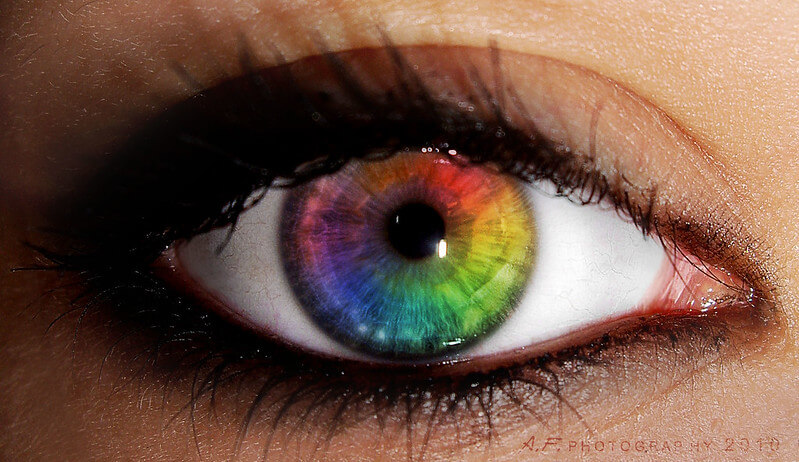OND’s Definition of Talent

Skills and experience enter us through the eye. Talent is already there.
These are OND’s two definitions of talent – short form and long form.
Short Form
Talent refers to someone’s innate, born-with, natural abilities and aptitudes. For instance: a motivation to acquire knowledge; or a preference for multi-tasking (or for single tasking); or a high attentiveness to people and their needs, situations and cultures.
Talent should not be confused with skills or experience. Skills are learnt e.g. the skill of diamond cutting. Experience is layered on with time and application.
But natural talent comes from deeper within our brains and maintains a stronger influence on us. It is more important than skills or experience in determining whether we can excel at something.
Long Form
Talent is a special natural ability, strength or aptitude laid down at the time of birth, or soon after, during the brain’s early formation.
Originating in and rooted in the brain; not to be confused with a skill which is something learned that originates outside the brain.
The natural endowments of a person in how they a) think, b) are motivated, c) behave.
Specific to work or working life.
Properties:
Active, demanding, constant, always ‘on’, nagging, pushy, directional, needing to be satisfied. Neither dormant nor quiescent. Alive.
Unchanging and unchangeable, except to a very limited degree. Immutable.
Not transferable from one person to another. Not teachable.
Mental, not physical.
(plural) Unique. No two persons possess the same set.
Delivers an (hidden) advantage over others.
Invisible. Very often not apparent to the owner.
Exhilarating and energizing when put to use. Dispiriting and demotivating when not.

